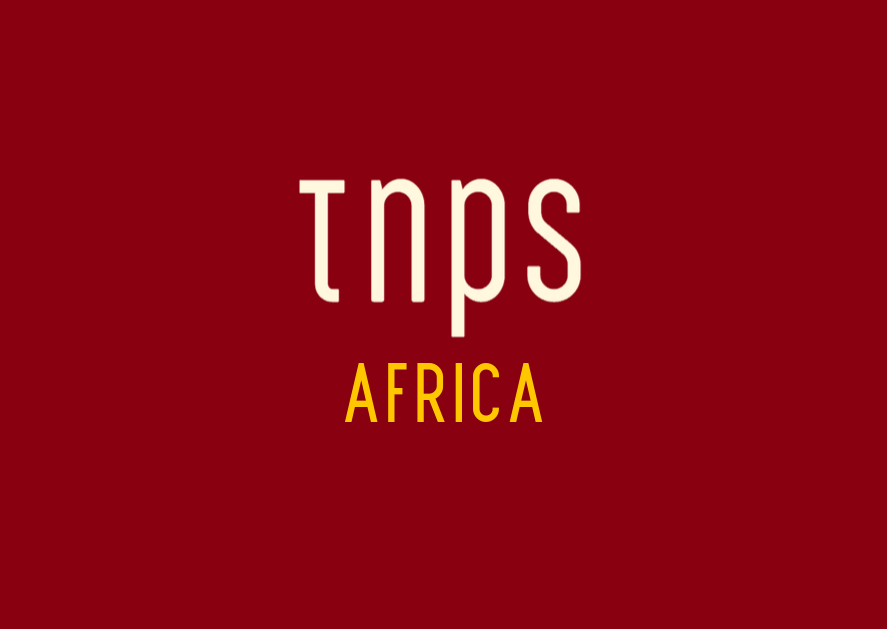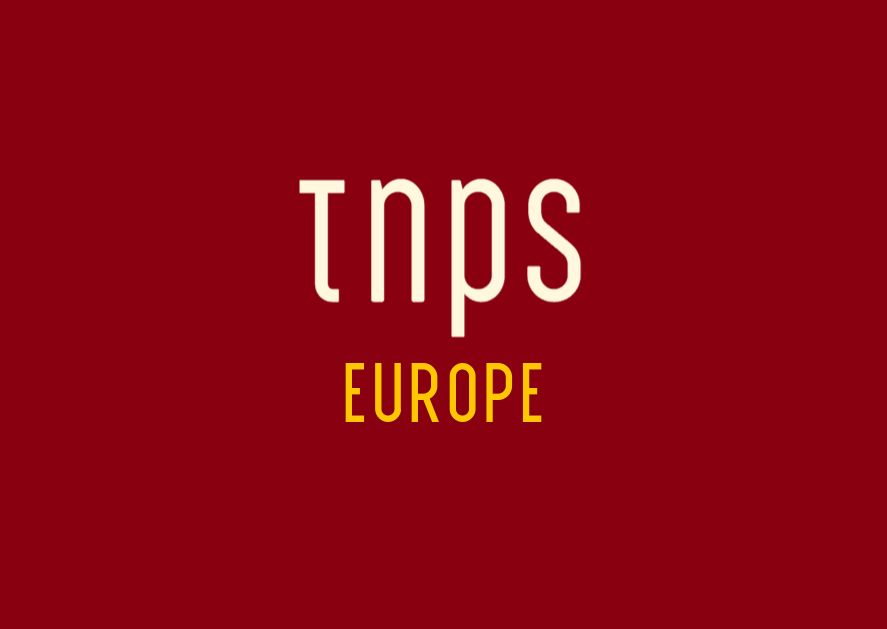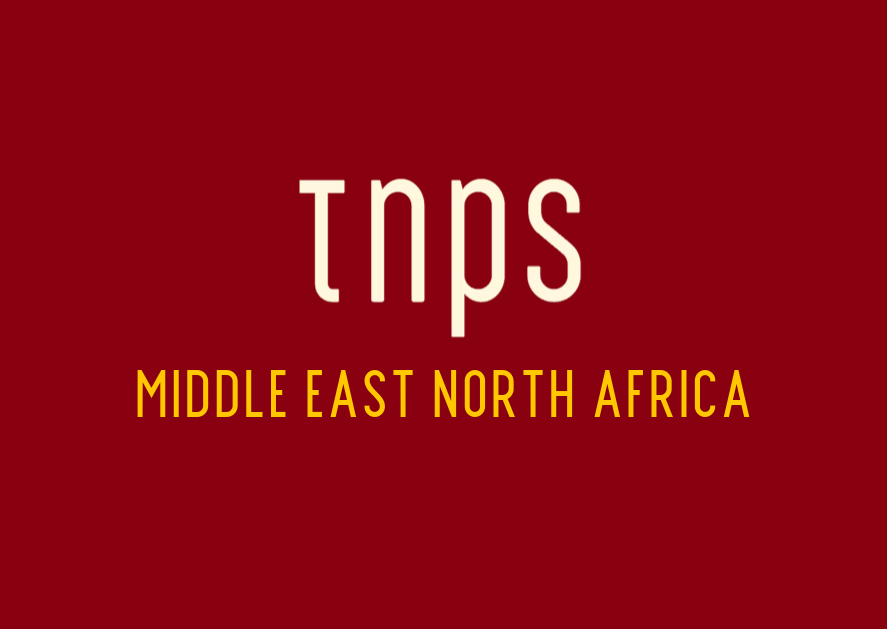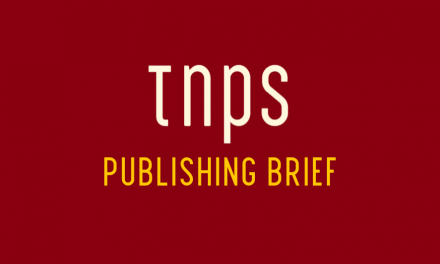Piracy is a problem everywhere, but especially so in the less stable emerging markets of Africa, where local currency issues compound problems for publishers already facing challenges with rising paper and print costs while trying to supply a consumer base with low spending power.

Zimbabwe’s The Herald this past week highlighted how book pirates selling low quality photocopied material are benefiting from high prices from mainstream publishers and the self-evident indifference or inability of the Zimbabwe authorities to enforce copyright laws.
Explains The Herald,
Soaring prices of textbooks have forced parents and guardians to go for pirated copies that are far much cheaper than original textbooks.
The pirated books are sold on the streets by illegal traders who display covers of popular textbooks, sometimes in front of bookshops.
The price disparity is so huge that there have been calls for publishers to print cheaper editions to fill the gap and still ensure authors receive reasonable royalties.
Although it is an offence to reprint or make photocopies of original books for sale, the practice has become widespread as overburdened parents struggle to pay fees for their children and the gap between legal and illegal copies is big.
With pirate copies selling at around USD 2.50 on the streets cash-strapped parents are foregoing quality to give their child some sort of book for school, rather than nothing.
The chair of the Zimbabwe Writers Association, Monica Cheru-Mpambawashe, had little sympathy with publishers, saying,
One cannot blame people for finding the most affordable option. After all, if you are buying textbooks as an individual you do not need strong expensive editions because your child only needs it for a year or less, then you have to get a new set.
There is a clear market for cheaper books. What is puzzling is why publishing houses seem not to care about this big market. Unfortunately, the author is the one who loses out.
We need a national book policy that takes all things into consideration. Current laws and policies are antiquated and not designed to look at cheap reproduction of books as an opportunity if done under licence.
For the police, Chief Superintendent Blessmore Chishaka insisted piracy was being dealt with, asserting,
In terms of the Copyright Act, it is an offence to photocopy and sell somebody’s material. We continuously conduct raids and arrest all those involved in such practices.
But clearly not actively enough if the reports are to be believed that pirated books are literally being sold outside bookstores.
The Managing Director of leading Zimbabwe booksellers Innov8 Bookshop, Peace Muwani, was understanding of the parents’ actions but not so happy about the consequences for businesses like his.
Due to the economic hardships affecting our nation, people will always look for alternatives and in this case, they are opting for pirated copies which are cheaper.
However, this has affected our business. For the past decade, we have been facing this challenge and there seems to be no solution to it.
If the claims of an unidentified prate vendor are true, things can only get worse.
We take advantage of the desperate parents and offer cheaper copies of the much-needed textbooks. I even deliver copies to my clients’ homes whenever they place an order. Our prices are affordable and these days we are enjoying brisk business.
I started this business five years ago and I am enjoying it. I am managing to send my children to school and cater for all their needs.
Clearly this is a multi-agency problem that needs addressing at governmental level.
Quite apart from the impact on publishers, authors and booksellers, criminals are getting rich by offering low quality educational materials that will inevitably prove detrimental to the country.
While there may be some room for publishers to lower prices, publishers need to be able not just to deliver a a short-term profit but also to invest in the future, expanding the range of books to reduce reliability on the education sector.
There are no easy solutions here, but digital can certainly help, by allowing publishers to offer digital books at lower prices simply by dint of removing the physical production and delivery costs of printed books.
That can only scratch the surface of the problem so long as there is no effective digital retail infrastructure to reach consumers, and so long as there is no effective digital-first policy in schools.
But a hybrid print and digital model that gets the best of both worlds could help undermine piracy, benefits parents and students alike, and give some semblance of control back to Zimbabwean publishers.
Zimbabwe is at less than 50% internet penetration, but that’s still 8.4 million people online.
That’s only one million fewer than Sweden, a country that had ably demonstrated digital’s publishing potential, despite no big western digital retailers taking the country seriously.
The 2020s is the decade Zimbabwean publishing needs to come of digital age, and the education sector would be the ideal place to start.




